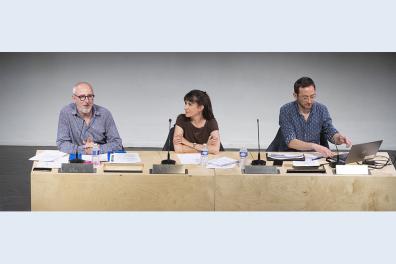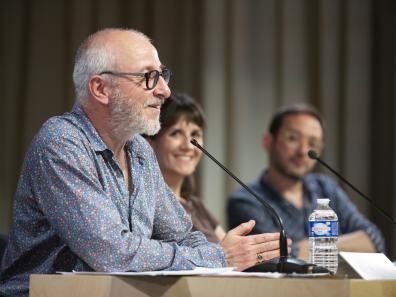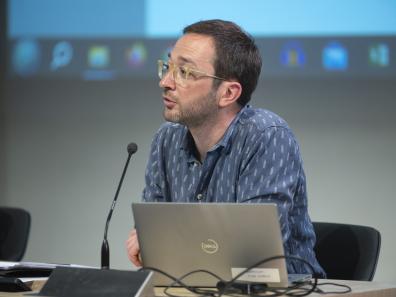The "1873: a turning point in the history of Langues O' - Ça déménage!" conferences are now available online.

Follow the "Les Langues O' : toute une histoire !" series on podcast platforms
On September 6, 1873, a decree signed by Patrice de Mac Mahon, President of the Republic, allocated the building at 2 rue de Lille, Paris 7e, known as the former "Hôtel de Bernage", to the École des langues orientales vivantes. The school moved in at the beginning of 1874, leaving its temporary premises at the Collège de France. This move in space was in fact a turning point in the history of the School, which underwent a profound metamorphosis, and was also able to begin to equip itself with a library worthy of the name, the forerunner of the BULAC.
View the video "1873 : un tournant dans l'histoire des Langues O' - Ça déménage !"
Charles Schefer and the refounding of the École des langues orientales
By Emmanuel Lozerand, Inalco's History officer

Languages O' owes much to Charles Schefer (1820-1898). A professor of Persian appointed president of the "école impériale et spéciale des langues orientales vivantes" by Napoleon III on October 16, 1867, he remained administrator of the "École des langues orientales vivantes" under the Third Republic, until his death in 1898.
He was the architect of a veritable refoundation of the school, whose legal status he helped to change. In 1873, he found premises for the school in the former Hôtel de Bernage at 2 rue de Lille. Even more profoundly, he initiated new scientific and pedagogical orientations that made it an establishment open to the four "orients" of the world.
The constitution of a polyglot collection: the move to rue de Lille and the rise of the Bibliothèque des langues orientales
By Benjamin Guichard, Scientific Director of BULAC

When, in 1868, the École des langues orientales moved out of the Imperial Library, it had only a few hundred works. By the time Charles Schefer died thirty years later, it had amassed almost 50,000 documents, making it a benchmark institution on the map of European Orientalism. The move of the École des langues orientales to rue de Lille thus marked the true birth of its library.
These collections combine a wide variety of documents, both heritage and contemporary, reflecting the expanded range of languages taught and the École's new scientific ambitions. Above all, they are the fruit of Charles Schefer's formidable negotiating skills and diplomatic networks.